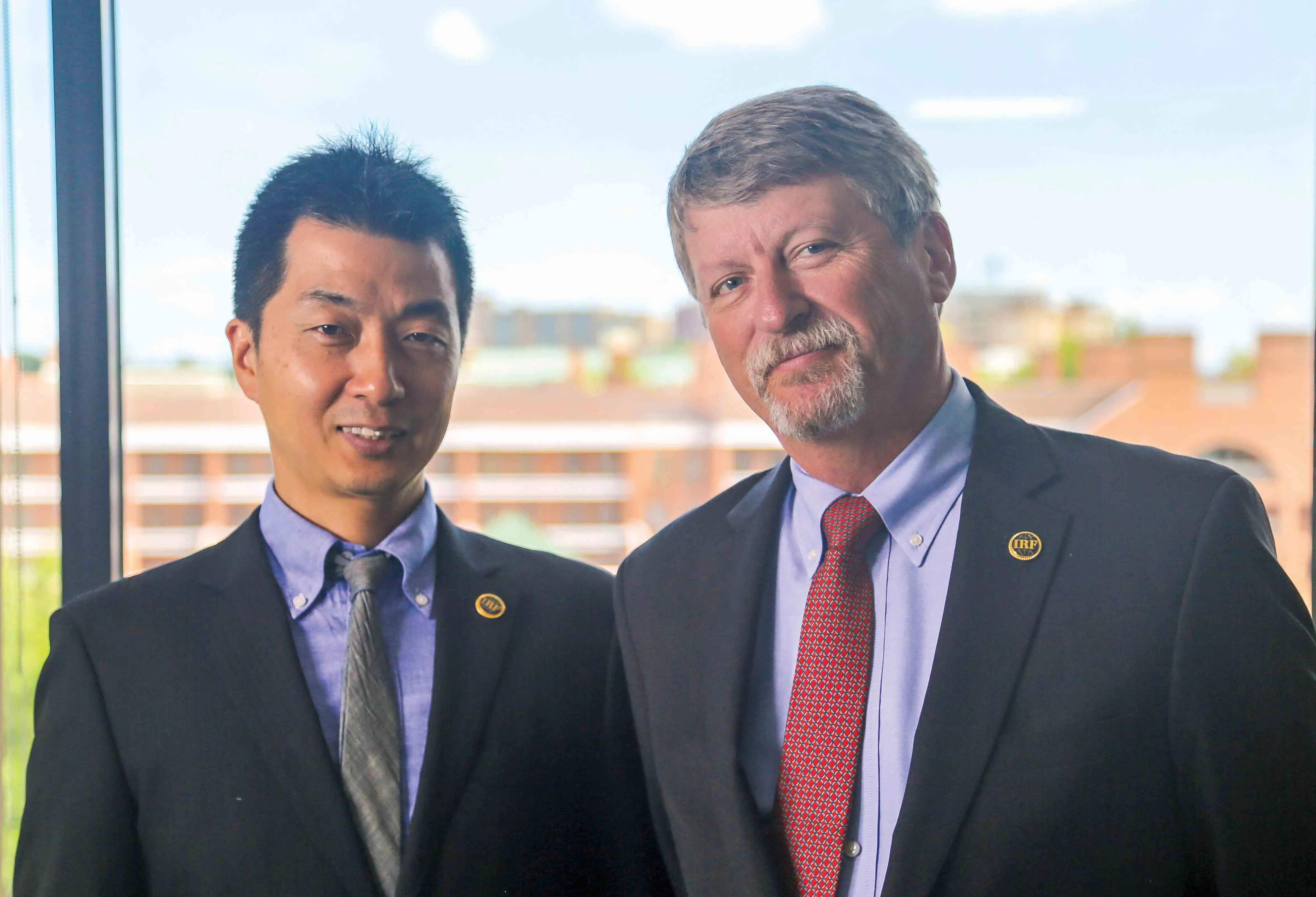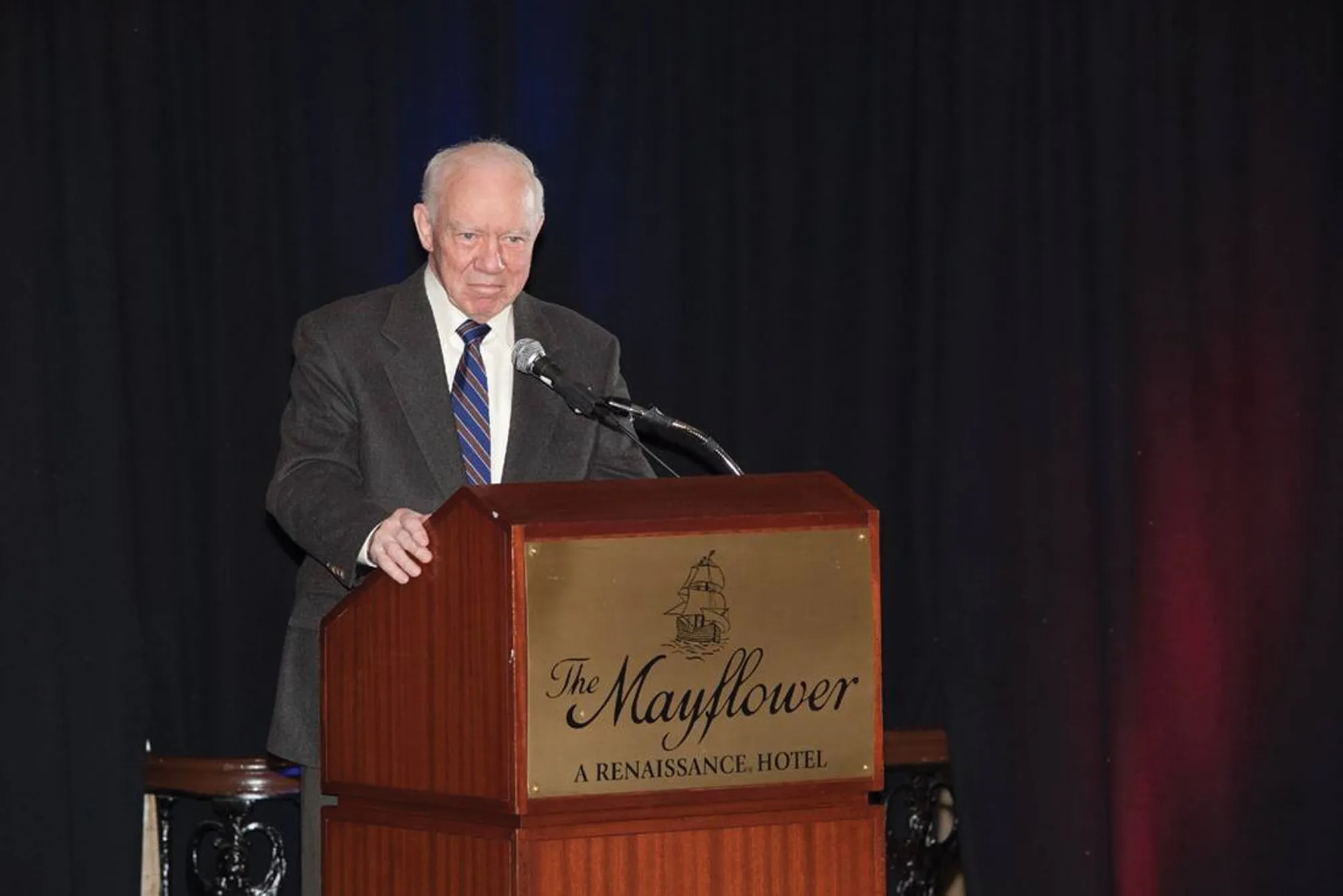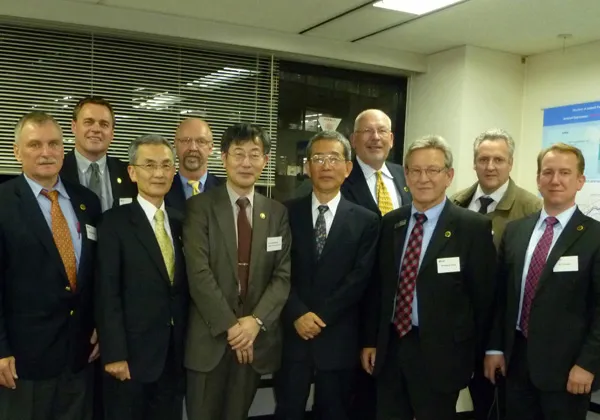In 2015, Nexco East introduced a moveable barrier system in Japan, creating safer work zones along the Joban Expressway, north of Tokyo. Two of the main actors behind this project look back at how it came to life and the role of IRF. Masato Matsumoto: I graduated in 2006 from the IRF Fellowship Programme. As a young professional, becoming an IRF Fellow was a life-changing opportunity. It allowed me to meet industry executives from around world and start building a professional network. Armed with this expe
October 18, 2016
Read time: 3 mins

RSSIn 2015, Nexco East introduced a moveable barrier system in Japan, creating safer work zones along the Joban Expressway, north of Tokyo. Two of the main actors behind this project look back at how it came to life and the role of 3918 IRF Washington.
Chris Sanders: I met Masato through the Fellowship Programme. As a global provider of highway safety devices,2438 Lindsay believes in the mission of the IRF Fellowship and we regularly meet with Fellows all around the world. In many cases, they have helped us with in-country introductions and greatly facilitated language and cultural barriers to business. For us, these contacts represents a huge saving in time and energy as we expand to new markets.
Masato Matsumoto: My colleagues at Nexco had spotted the technology during an IRF congress and they reached out to me to conduct an initial assessment. IRF staff put me in touch with Lindsay representatives, so that I could collect information about the product. We quickly assessed it was applicable to the challenge we faced to offer protection to the workers during the night, and give the lanes back to drivers when they are most needed. A site visit was organised with Lindsay to further evaluate real-life conditions, e.g. were drivers being distracted by the presence of the machines operating these devices? The system was piloted in Japan for three months and will now become a permanent feature of our road operations as we continue rehabilitating major portions of our network.
Masato Matsumoto: IRF’s industry events are one of its most tangible features. IRF doesn’t have all the answers, but they help you meet specialists with the right mix of knowledge and hands-on experience. The return on investment for us is very high.
A game changing opportunity
Masato Matsumoto: I graduated in 2006 from the IRF Fellowship Programme. As a young professional, becoming an IRF Fellow was a life-changing opportunity. It allowed me to meet industry executives from around world and start building a professional network. Armed with this experience, I returned to Japan to work at Nexco, a company that manages key portions of the country’s expressways and that is widely known for its use of innovative technologies for roadway management.Chris Sanders: I met Masato through the Fellowship Programme. As a global provider of highway safety devices,
Introducing positive barrier separation on Japan’s work zones
Chris Sanders: One of the products Lindsay manufactures is a unique moveable barrier system that is used in workzones and on bridges or highways to manage congestion. Japan had been studying our system for years, and it is well adapted to the needs of the country’s dense road network, but positive barrier separation are not frequently used on their work zones. I am not sure this project would have moved without the type of facilitation Masato and IRF delivered.Masato Matsumoto: My colleagues at Nexco had spotted the technology during an IRF congress and they reached out to me to conduct an initial assessment. IRF staff put me in touch with Lindsay representatives, so that I could collect information about the product. We quickly assessed it was applicable to the challenge we faced to offer protection to the workers during the night, and give the lanes back to drivers when they are most needed. A site visit was organised with Lindsay to further evaluate real-life conditions, e.g. were drivers being distracted by the presence of the machines operating these devices? The system was piloted in Japan for three months and will now become a permanent feature of our road operations as we continue rehabilitating major portions of our network.
The right mix of knowledge and experience
Chris Sanders: We have a long experience working with IRF to help us grow our business on a global basis. IRF congresses are very important to us as they allow international delegations to learn about our products. By having booths at these shows, we can get a lot done, and build on that during the next 2-3 years of our typical sales cycle. We’ve also received industry recognition through IRF’s Global Road Achievement Awards. They are valuable to us, as we not only showcase a successful project, but get out clients to share their perspectives about what the product can do. IRF webinars are another great educational tool - IRF members give some value and education back, and everyone wins.Masato Matsumoto: IRF’s industry events are one of its most tangible features. IRF doesn’t have all the answers, but they help you meet specialists with the right mix of knowledge and hands-on experience. The return on investment for us is very high.







